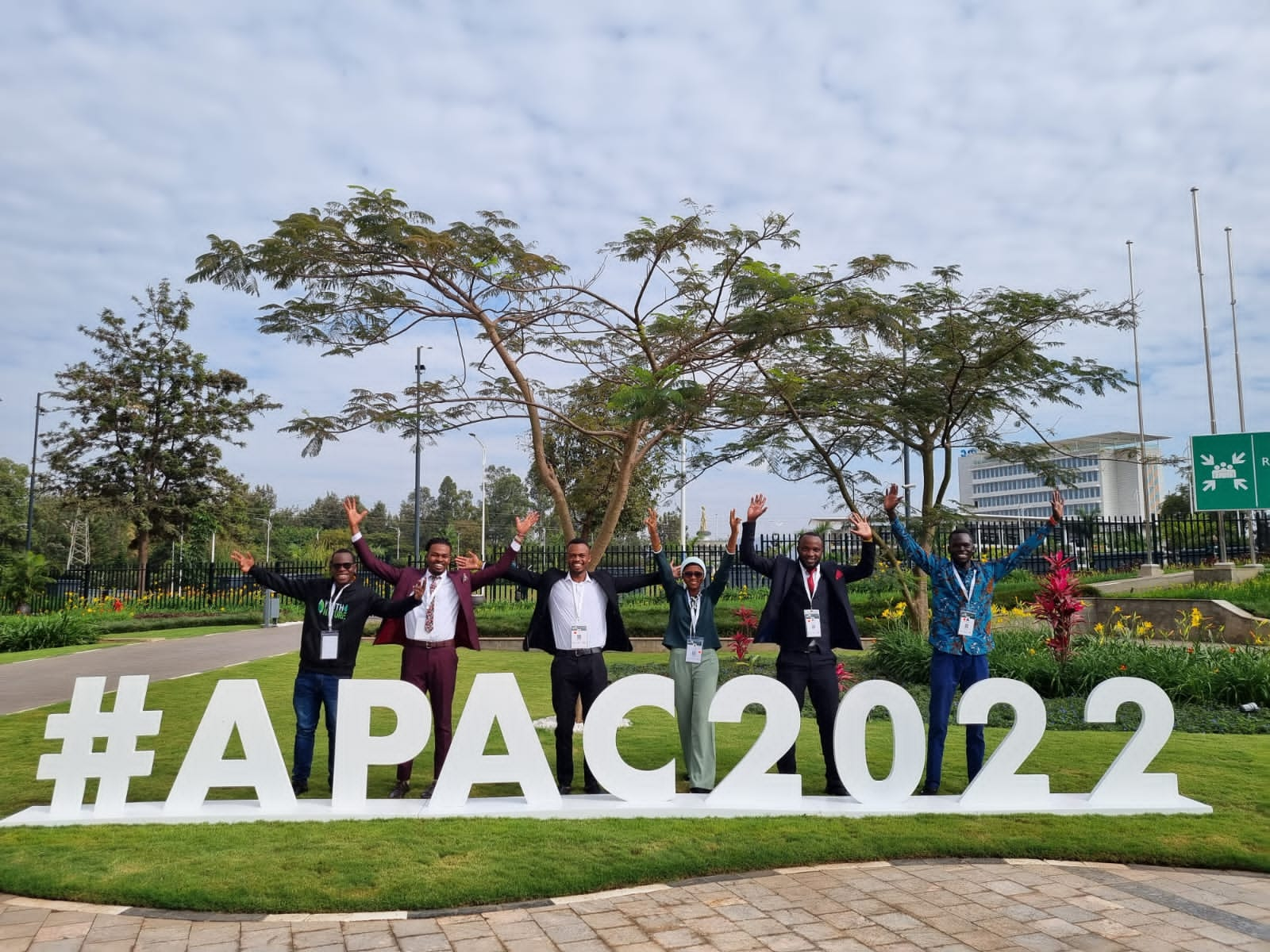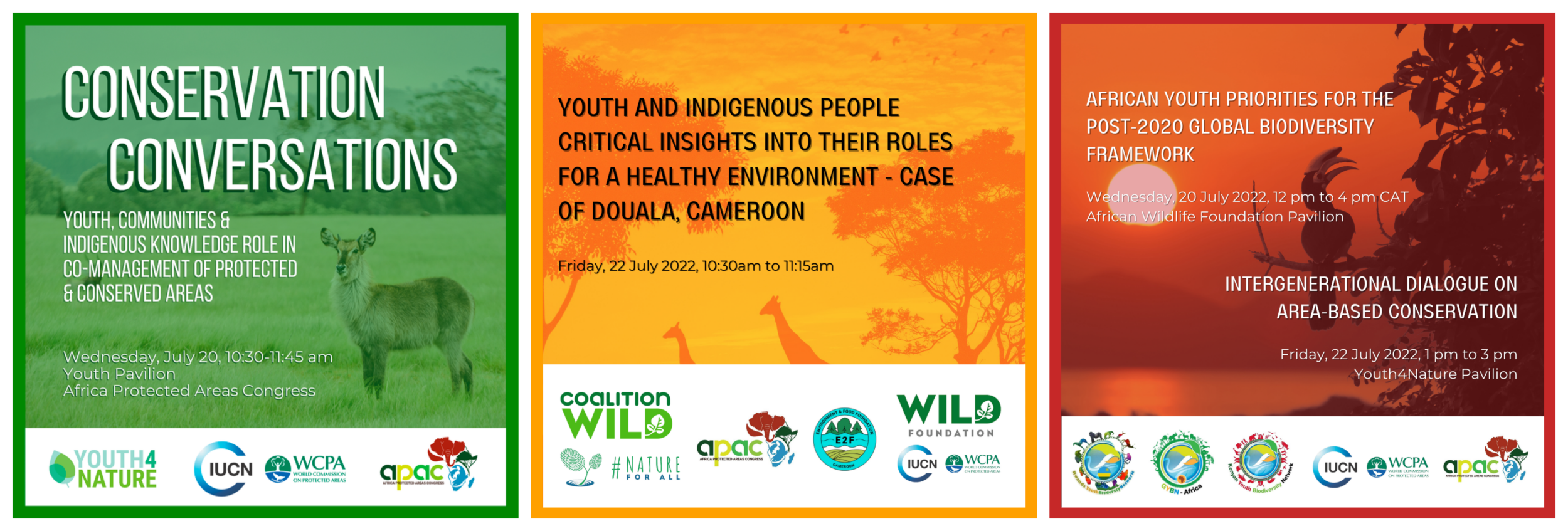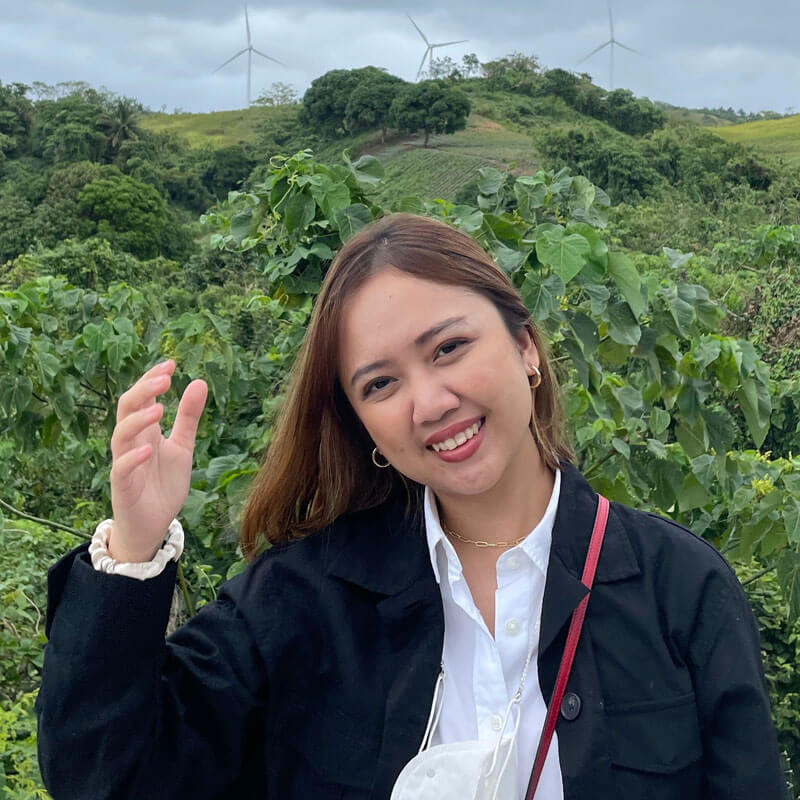Towards a Protected and Thriving Africa: 2022 IUCN APAC Recap

The African continent alone holds up to 30% of the world’s biological diversity. It is also home to the World’s fastest-growing population—with an estimated size to hit about 2.5 billion by 2050. The richness in the continent’s biodiversity straddles a variety of landscapes, cultures and traditions, and species of flora and fauna that have long been pivotal in contributing towards the socio-economic development of African nations.
Despite the biological promise that the African continent brings, only 7% of its total land mass of 30.37 million sqm are protected and conserved areas. There are only 3,000 total protected and conserved areas across the entire continent—a small number in comparison to what is necessary. Thus, it is only paramount that these critical habitats are safeguarded and conserved for future generations.
While there are ongoing efforts to protect these landscapes, we have yet to see the desired results. Moreover, all these gaps have been aggravated by the onslaught of the COVID-19 pandemic and its many disruptions; the African continent has not been exempted from the adverse effects of the global health crisis.
There is a need to acknowledge the necessity of a development paradigm that places the critical role of protection and conservation of biodiversity as a priority to achieve a sustainable future in Africa. As the world faces the twin crises of biodiversity loss and climate change, it is necessary for the African continent to band together, hence, the IUCN Africa Protected Congress (APAC) held last 18-23 July 2022 came at an opportune time, right when Africa, and the world at large, needs to talk about these issues more.
A Moment of Hope
Both Aiita and Ayamba entered the Congress with much hopefulness. They both looked forward to meeting people in the conservation space and having a platform where they can showcase their work. They were excited to find avenues of collaboration, build synergies, and encourage collective action. For Aiita, he was additionally excited to brainstorm new approaches to conservation that take into account the rights and knowledge of Indigenous Peoples and Local Communities (IPLC) and the perspectives of youth. Moreover, he looked forward to being part of an inclusive space for all and contributing without bias and discrimination.

“The African continent has a youthful population and thus presents a great opportunity to steer further the conservation agenda,” Aiita shared.
After the Congress, Ayamba reported that “the Congress was an eye opener for [his] future engagements in biodiversity and conservation.” His most notable takeaway was on the power of storytelling in inspiring others for the conservation of nature. He also gained a greater understanding of the significance of including IPLC and youth voices in conversations surrounding conservation. On top of all that, he learned how to sustain a nonprofit organization to thrive for centuries.
Both Aiita and Ayamba felt empowered after the Congress. As part of the larger collective, they call for the conservation of at least 30% of Africa Protected Areas by 2030 (30*30 agenda). This entails taking into consideration the respect of indigenous people rights to lands, equitable governance and co management, building and strengthening the capacity of the youth so they can be changemakers in their own communities, and recognizing the need to enhance dialogues on nature within upcoming climate discussions and spaces, while acknowledging its role in promoting the same.
With the COP27 set to be held this coming November in Egypt, it becomes imperative to amplify conversations surrounding the necessity of biodiversity and conservation. Climate change and biodiversity, after all, are not two separate issues; they are deeply intertwined and must be understood with respect to each other. This is covered in one of the key thematic days of the upcoming COP27.
Conversation surrounding biodiversity loss also becomes more urgent with the approaching UN Convention on Biological Diversity (CBD). As the Post-2020 Global Biodiversity Framework are finalized, it is important for key actors in the African region to strengthen their own calls and agenda.
Learn more about the APAC Kigali Call to Action here.


